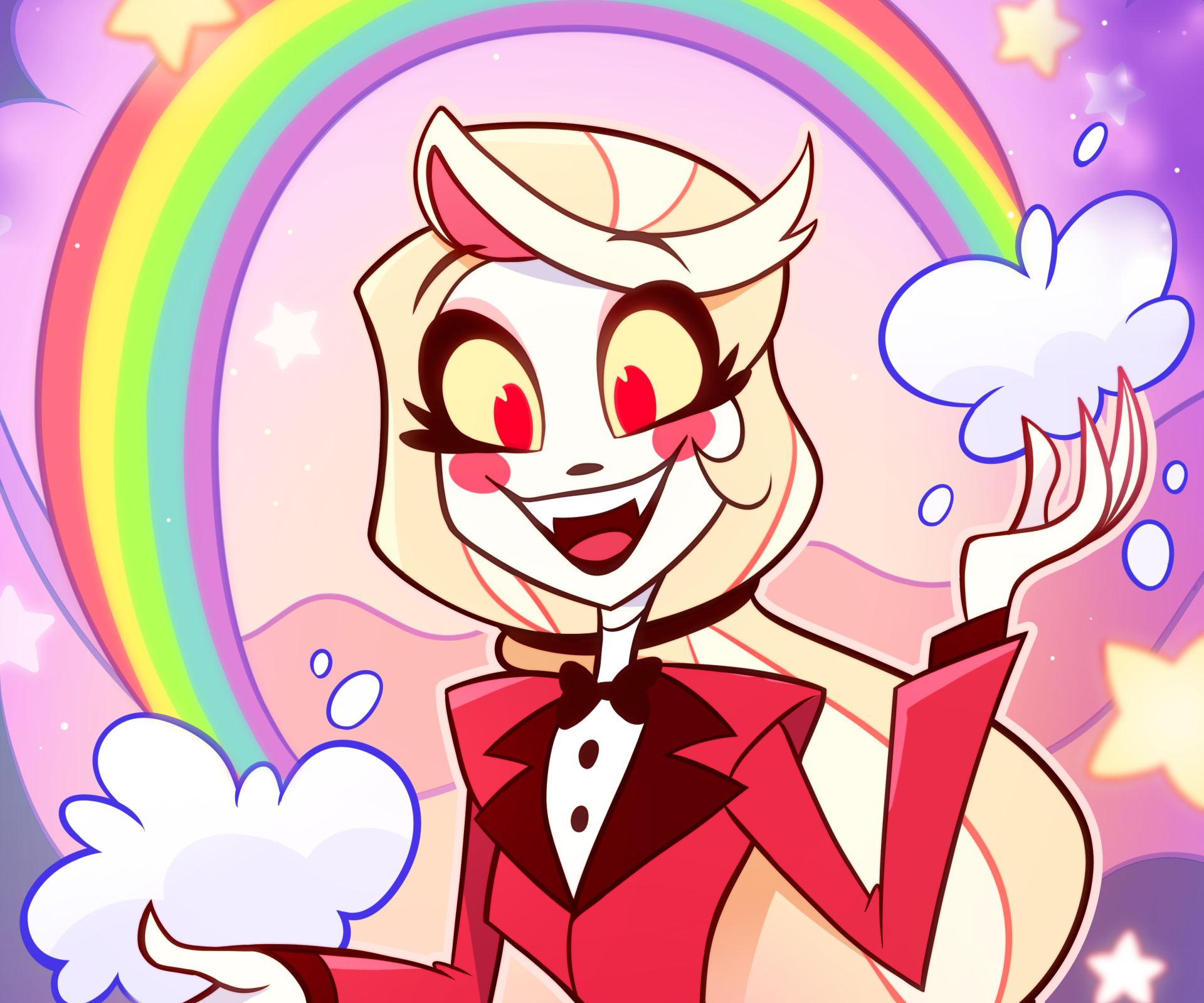Charlie En The Chocolate Factory

Roald Dahl's Charlie and the Chocolate Factory, originally published in 1964, is more than just a children's book; it's a cultural phenomenon that continues to captivate readers of all ages. The story, which revolves around young Charlie Bucket's extraordinary journey through Willy Wonka's magical chocolate factory, explores themes of greed, honesty, and the importance of family. This article delves into the key elements that make this story so enduring and relevant.
The Allure of Willy Wonka's World
The central draw of the story is undoubtedly the fantastical world of Willy Wonka's chocolate factory. Dahl masterfully creates a place of unimaginable wonders, filled with edible landscapes, Oompa-Loompas, and inventions that defy logic. This escapism appeals to the child in all of us, offering a temporary reprieve from the mundane realities of everyday life.
Sensory Overload and Imagination
Dahl's writing is incredibly sensory. He uses vivid descriptions to paint a picture of the factory, appealing to the reader's sense of sight, smell, taste, and even sound. Think of the chocolate river, the chewing gum that becomes a complete meal, or the fizzy lifting drinks. These imaginative details transport the reader directly into Wonka's world.
Beyond Chocolate: Innovation and Creativity
The factory isn't just about chocolate; it's a testament to innovation and boundless creativity. Wonka is portrayed as a visionary, constantly pushing the boundaries of what's possible. He embodies the spirit of invention and the power of imagination. This resonates with readers who are drawn to innovation and the idea of creating something new and unique.
Moral Lessons Woven into the Narrative
While the story is filled with fantasy and humor, it also carries a strong moral message. The fates of the other golden ticket winners – Augustus Gloop, Veruca Salt, Violet Beauregarde, and Mike Teavee – serve as cautionary tales against various vices. Their character flaws ultimately lead to their downfall, while Charlie's humility and kindness are rewarded.
The Consequences of Greed
Each of the "bad" children represents a different form of excess. Augustus Gloop embodies gluttony, Veruca Salt represents spoiled greed, Violet Beauregarde represents excessive ambition and gum-chewing obsession, and Mike Teavee represents an unhealthy obsession with television and technology. Their individual downfalls illustrate the negative consequences of unchecked desires. For example, Veruca Salt's demand for a golden ticket and the subsequent desire for a trained squirrel to keep as a pet ultimately result in her being judged as a "bad nut" and sent down the garbage chute.
The Virtue of Humility and Kindness
In contrast to the other children, Charlie embodies humility, kindness, and gratitude. Despite his poverty and difficult circumstances, he remains selfless and considerate. He prioritizes his family's needs over his own desires, and he shows genuine appreciation for the small joys in life. His positive character traits ultimately lead to his triumph and inheritance of the chocolate factory.
Social Commentary: Class and Capitalism
Beyond the individual moral lessons, Charlie and the Chocolate Factory subtly critiques aspects of society, particularly class disparities and the potential pitfalls of capitalism. Charlie's family lives in abject poverty, highlighting the vast inequality present in the world. Wonka, on the other hand, represents the epitome of capitalist success, a brilliant entrepreneur who has built a global empire. The story raises questions about the responsibilities of wealth and the impact of consumerism.
The Bucket Family's Poverty
The portrayal of the Bucket family underscores the harsh realities of poverty. They struggle to afford basic necessities, and their lives are characterized by hardship and scarcity. This depiction offers a stark contrast to the opulence and extravagance of Wonka's factory, highlighting the social inequalities that exist in society. Dahl doesn't shy away from portraying the bleakness of their situation, making Charlie's eventual triumph even more impactful.
Wonka's Benevolence vs. Capitalistic Drive
While Wonka is portrayed as a creative genius, his motivations are also driven by capitalistic concerns. He is looking for an heir to take over his factory, ensuring the continuation of his business. This raises questions about the true nature of his generosity. Is he genuinely benevolent, or is he primarily motivated by profit? The story doesn't offer a simple answer, leaving the reader to consider the complexities of capitalism and philanthropy.
The Enduring Appeal: Why It Still Matters
Charlie and the Chocolate Factory remains popular for several reasons. Its timeless themes of good versus evil, the importance of family, and the power of imagination continue to resonate with readers across generations. Furthermore, the story's blend of fantasy, humor, and social commentary makes it both entertaining and thought-provoking. It's a story that can be enjoyed on multiple levels, offering something for everyone.
Adaptations and Cultural Impact
The book has been adapted into numerous films, stage productions, and other forms of media, further solidifying its place in popular culture. Each adaptation brings a fresh interpretation to the story, introducing it to new audiences and ensuring its continued relevance. The 1971 film, Willy Wonka & the Chocolate Factory, starring Gene Wilder, is particularly iconic and has had a lasting impact on how the story is perceived.
Beyond Entertainment: Inspiring Creativity
Charlie and the Chocolate Factory serves as an inspiration to artists, writers, and entrepreneurs alike. It encourages us to embrace our imagination, to think outside the box, and to pursue our dreams with passion and creativity. Wonka's character embodies the spirit of innovation, reminding us that anything is possible if we dare to dream big.
Conclusion
Charlie and the Chocolate Factory is much more than just a children's story. It's a timeless classic that explores universal themes of good versus evil, greed versus kindness, and the power of imagination. It provides a magical escape while subtly prompting us to examine our own values and the world around us. Whether you're revisiting the story or discovering it for the first time, be prepared to be transported to a world of wonder and reminded of the importance of being kind, humble, and above all, imaginative. So, pick up the book (or watch the film) and let yourself be swept away by the magic of Willy Wonka's world. What's stopping you from rediscovering your own inner child and letting your imagination run wild?


Bekijk ook deze gerelateerde berichten:
- Wanneer Gebruik Je Hen Of Hun
- Beter Van A Naar B
- Oude Lengtemaat Van 2 5 Cm
- Omrekenen Van Fahrenheit Naar Graden Celsius
- Armste Landen In De Wereld
- Leven Van Een Loser Vette Pech
- Hunger Games Boek 1 Samenvatting
- Middelbare Scholen In De Buurt
- Landen Door Naar Finale Eurovisie Songfestival 2023
- De Oude Calixtus Groenlo
